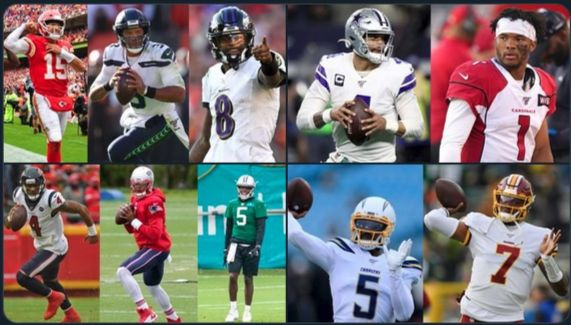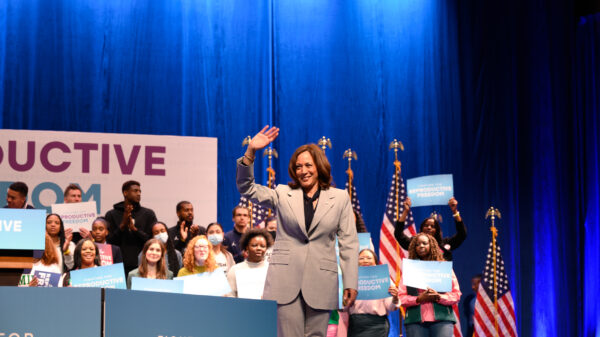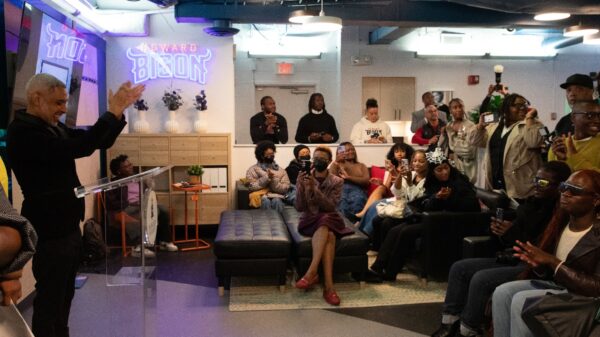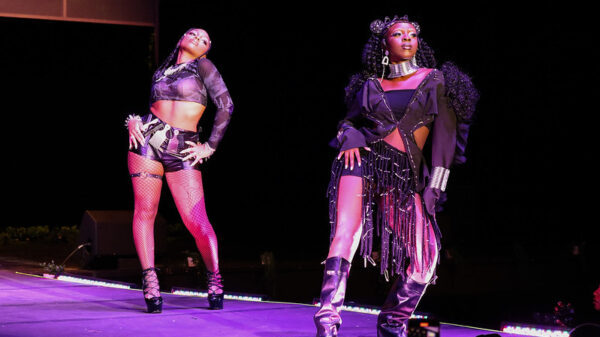
By Branden Pierce, Staff Reporter
The starting weekend of the National Football League (NFL) Season began Sunday, Sept. 13, 2020. Even through all the ongoing events and issues in the world, we were finally able to get football back on television.
During Week 1, viewers were able to see some great highlights and great plays, but one of if not the biggest takeaways from the opening weekend was the increased number of Black starting quarterbacks Week 1.
For the first time in NFL history viewers watched as 10 Black quarterbacks (Patrick Mahomes, Russell Wilson, Lamar Jackson, Teddy Bridgewater, Tyrod Taylor, Cam Newton, Dak Prescott, Kyler Murray, Dwayne Haskins and Deshaun Watson) touched the field as starters in opening week play.
The magnitude of this mark is one dating far back to when Black athletes first started playing NFL football with Fritz Pollard and Bobby Marshall for the Akron Pros back in the early 1900s. However, the NFL had its share of bad history with Black football players, especially at the quarterback position, regarding fair opportunities.
This began back in 1933 when the NFL “suddenly banned Black players”, in secret as part of segregation according to The Atlantic.
Many people came up with different reasons behind the matter as owners refrained from commenting or acknowledging that a pact had been made. Former Redskins owner, George Marshall, was looked at as a main instigator of the ban and was quoted by The Atlantic saying, “white players, especially those from the south, would go to extremes to physically disable them…so they were kept off the field in their own best interest”. Even with owners not owning or acknowledging the ban, the NFL began letting back in Black athletes by 1946.
Nevertheless, the NFL’s history towards Black athletes and stereotypes had only just begun. It wasn’t until 1968 when the NFL started its first-ever Black quarterback, Marlin Briscoe.
Marlin was a star quarterback in college and believed he had physical and leadership skills to become a quarterback in the pros. However, according to USA Today when he was drafted by the Denver Broncos as a cornerback, Marlin told the team that he would, “return home to become a teacher if he couldn’t get a tryout at quarterback.” He eventually ended up as the first-ever Black quarterback to start in the NFL.
Though that milestone was years ago, even today, Black quarterbacks are perceived negatively in the eyes of many people in the NFL. The “Black stereotype”, that has existed throughout the NFL, for Black athletes, has always been that they’re better suited for more, “athletic positions” such as running back, wide receiver, or cornerback positions. The sentiment that many people have when referring to Black quarterbacks is that “they’re not good decision-makers” — suggesting that Black athletes simply aren’t smart enough to play the position.
After a game where Deshaun Watson, the quarterback for the Houston Texans, made a poor decision resulting in a Texans loss. An article published by The Undefeated provided a quote, from a superintendent of Onalaska school district north of Houston stating, “when you need precision decision making you can’t count on a Black quarterback.”
The racism and stereotypical perceptions placed on black athletes dates back to the beginning of the NFL. That’s why the increasing number of Black starting quarterbacks in the NFL is huge, especially for the culture of the Black community.
We’ve seen Black quarterbacks begin to rise recently in amateur and even collegiate sports, but with the arrival into the highest level of professional football, it’s a game-changer.
The next step the NFL needs to make for the Black community is improving diversity within front offices with Black coaches, general managers, and owners. Nonetheless, with one barrier broken, it only moves us one step closer.









